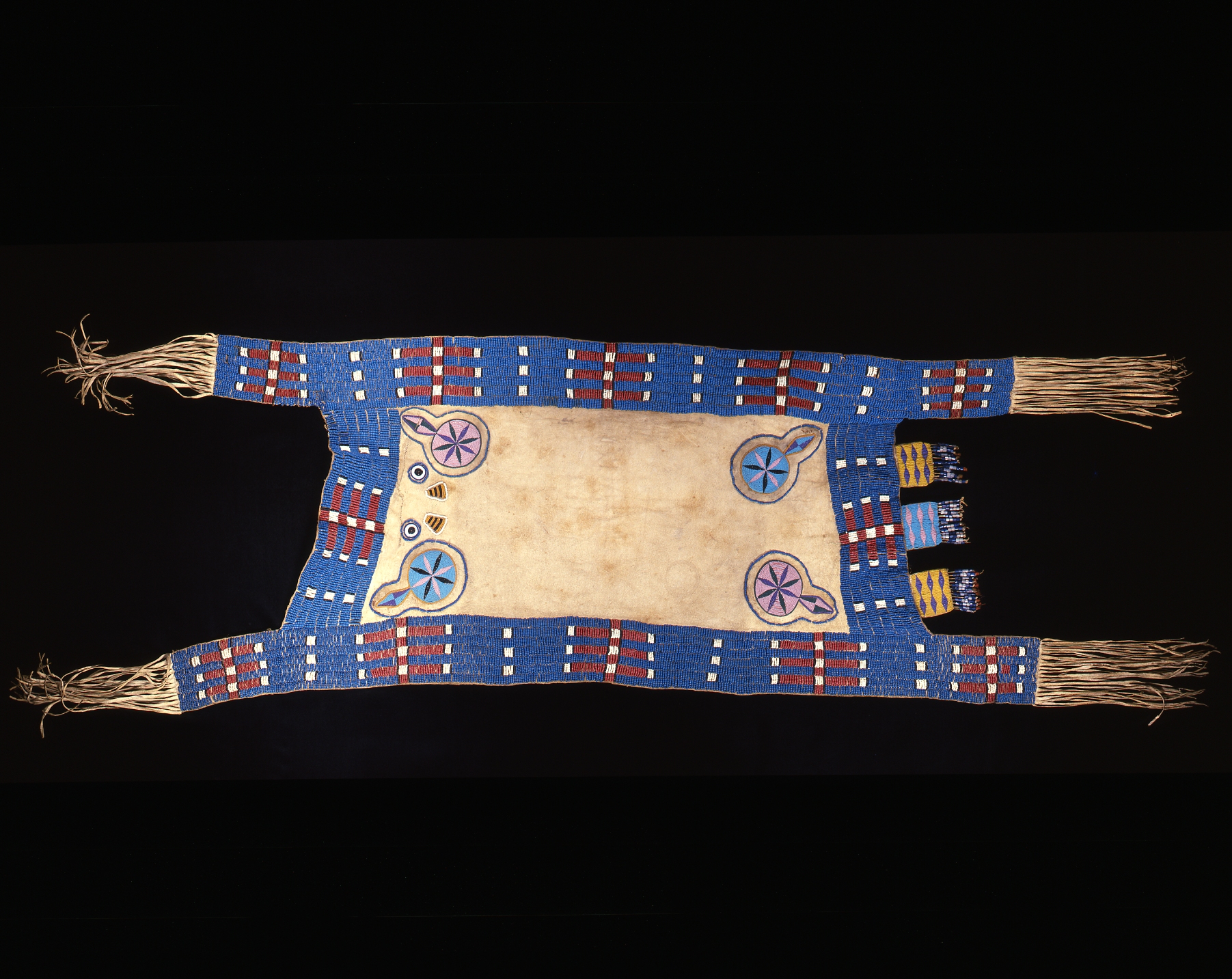The opportunity to pursue honors in anthropology is a privilege. Students are selected to become honors candidates based on a number of criteria, including standing and grades in the concentration, a viable research project, the support of a faculty advisor, and submission and approval of the proposed project. An honors thesis is required for graduating with honors in anthropology. Writing an honors thesis, however, does not guarantee graduation with honors. If a student pursues an honors thesis that is not conferred honors status, the student's record will show that s/he successfully completed a Senior Thesis (described below).
Students must apply to become an honors candidate by the end of the semester before they begin their thesis work, ordinarily at the end of the sixth semester. To apply, a thesis proposal endorsed by your intended thesis advisor and adhering to the guidelines outlined below must be submitted to the Director of Undergraduate Research and Director of Undergraduate Studies. The deadline for proposals will be circulated in the spring semester of each year.
Deliver a complete draft of the thesis to the primary advisor and secondary reader by the appointed deadline.
Deliver a final draft of the thesis to the primary advisor, secondary reader, and DUR by the appointed deadline.
Submit a copy of the final thesis draft to the Brown Digital Repository at the library by emailing bdr@brown.edu, unless alternative arrangements for archiving have been made with the permission of the DUR and thesis advisor.
The primary advisor will determine the grades for ANTH 1970. The final determination of Honors will be made by the faculty committee in consultation with the DUR.



